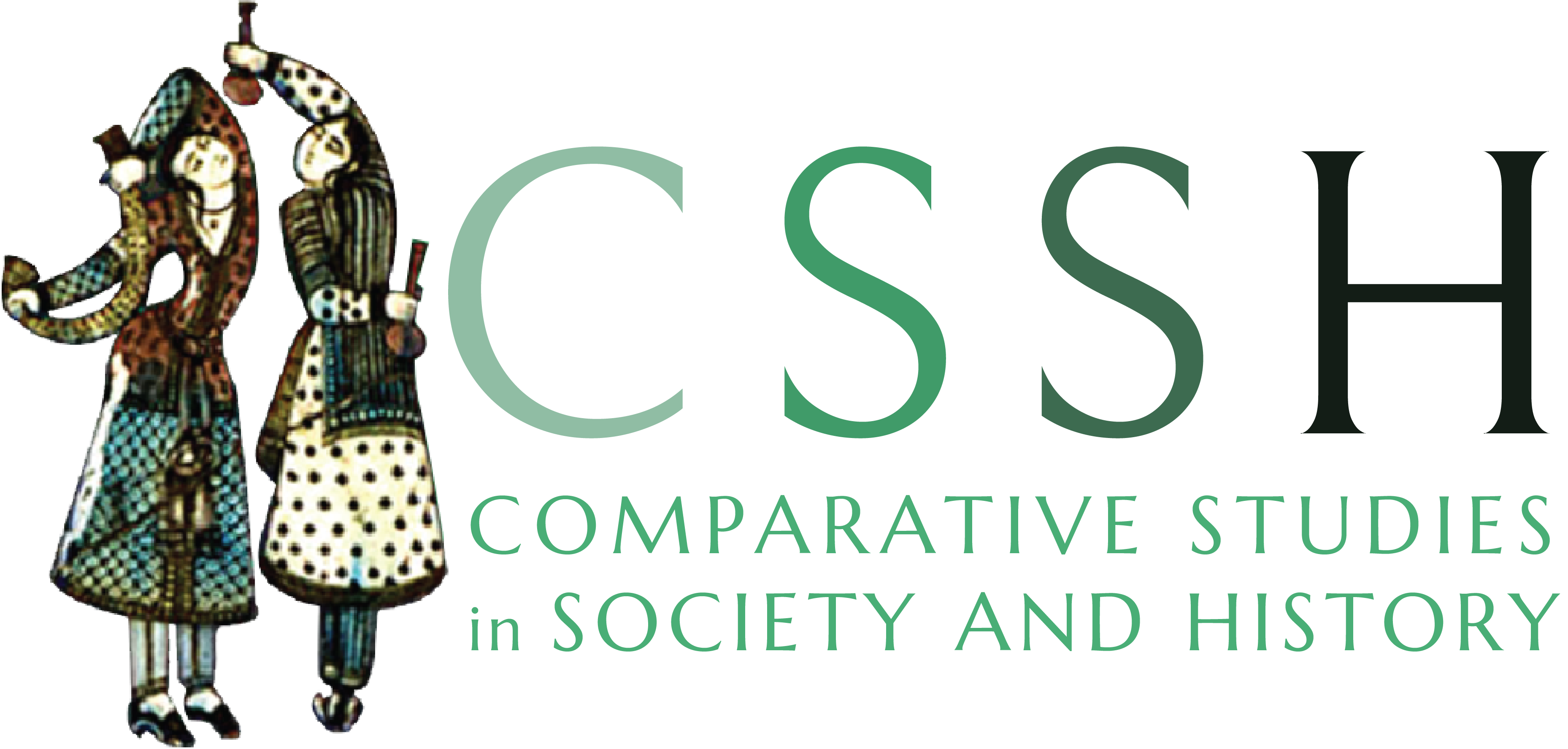Meet the authors of the 61-4 issue, October 2019
Max Bergholz is Associate Professor of History at Concordia University in Montreal, where he has taught since 2011. His interests include microhistorical and interdisciplinary approaches to the history of modern Europe, with a particular focus on the local dynamics of nationalism, intercommunal violence, and historical memory. He is the author of Violence as a Generative Force: Identity, Nationalism, and Memory in a Balkan Community (Cornell University Press, 2016), which has won five prizes, including the 2019 Laura Shannon Prize in Contemporary European Studies from the Nanovic Institute at the University of Notre Dame and the 2017 Herbert Baxter Adams Prize from the American Historical Association. His current book project investigates subnational variation in interethnic violence through the history of several neighboring communities in the Balkans during the first half of the twentieth century.
Marvin Chochotte is an Assistant Professor of History in the Program of African and African American Studies at Dartmouth College. He is also a 2019–2020 postdoctoral fellow in the Program of Agrarian Studies at Yale University. Previously, he was a fellow in the Rutgers Advanced Institute for Critical Caribbean Studies and a Mellon Faculty Fellow at Dartmouth College. Chochotte is writing a history of Haitian peasants and the rise and fall of the Duvalier dictatorship. His publications include, “The Twilight of Popular Revolutions: The Suppression of Peasant Armed Struggles and Freedom in Rural Haiti during the U.S. Occupation, 1915–1934,” Journal of African American History 103, 3 (2018): 277–308.
Resto Cruz is a Research Associate at the Morgan Centre for Research into Everyday Lives, at the University of Manchester. He completed his PhD in social anthropology at the University of Edinburgh with a thesis on the post-1945 generation in the central Philippines, their coming of age and experiences of social mobility, and the corresponding role of, and consequences for, kinship and personhood. In addition to his long-standing interest in Southeast Asia, he has recently expanded to address the history and anthropology of post-war Britain. He is part of an ESRC-funded project, “Transitions and Mobilities: Girls Growing Up in Britain 1954–76 and the Implications for Later-Life Experience and Identity.” The first detailed study of girls of that generation, it combines secondary and qualitative analyses of longitudinal data with in-depth interviews and creative methods to explore resonances between youth and later life.
Sarah Franklin completed her Ph.D. research in the 1980s at The Centre for Contemporary Cultural Studies, Birmingham, on the early use of in vitro fertilization technology in the UK, while the Warnock Report was being debated in Parliament and passed into law. She has written extensively on new reproductive and genetic technologies and is the founding Director of the Reproductive Sociology Research Group (ReproSoc) at the University of Cambridge.
Victor Igreja teaches Anthropology, International Studies, and Social Justice at the University of Southern Queensland, Toowoomba, Australia. He is a Research Fellow at the Centre for Interdisciplinary Research (ZiF, Bielefeld) and the Fritz Thyssen Foundation (Köln). Palgrave-Macmillan recently published a volume he co-edited with Pauline Collins and Patrick Danaher, The Nexus among Place, Conflict and Communication in a Globalising World, which brings together eleven investigations into the complex and dynamic relationships of place, conflict, and communication. His last CSSH paper was “Memories of Violence, Cultural Transformations of Cannibals, and Indigenous State-Building in Post-Conflict Mozambique” (CSSH 56, 3).
Sanjay Subrahmanyam is Distinguished Professor and Irving and Jean Stone Chair in Social Sciences at UCLA. Before that he taught in Delhi, Paris, and Oxford. His publications include The Career and Legend of Vasco da Gama (Cambridge University Press, 1997), Courtly Encounters: Translating Courtliness and Violence in Early Modern Eurasia (Harvard University Press, 2012); and Europe’s India: Words, People, Empires, 1500–1800 (Harvard University Press, 2017). He is a Fellow of the American Academy of Arts and Sciences and the British Academy. In 2019, he was awarded the Dan David Prize for history, together with Kenneth Pomeranz.
Divya Subramanian is a Ph.D. candidate in History at Columbia University. Her dissertation is a global history of the Townscape movement.
Arthur Zárate is a lecturer at San José State University, where he teaches Comparative Religious Studies. He completed his Ph.D. in history at Columbia University in 2018. His research has been supported by the Charlotte W. Newcombe Foundation and the Institute for Religion, Culture, and Public Life at Columbia University, as well as by Arabic language training from the Center for Arabic Studies Abroad in Cairo, Egypt. He is currently completing a monograph tentatively titled, “Islam and the Subject of Modernity: Sufism, Ethics, and the Unseen.”


